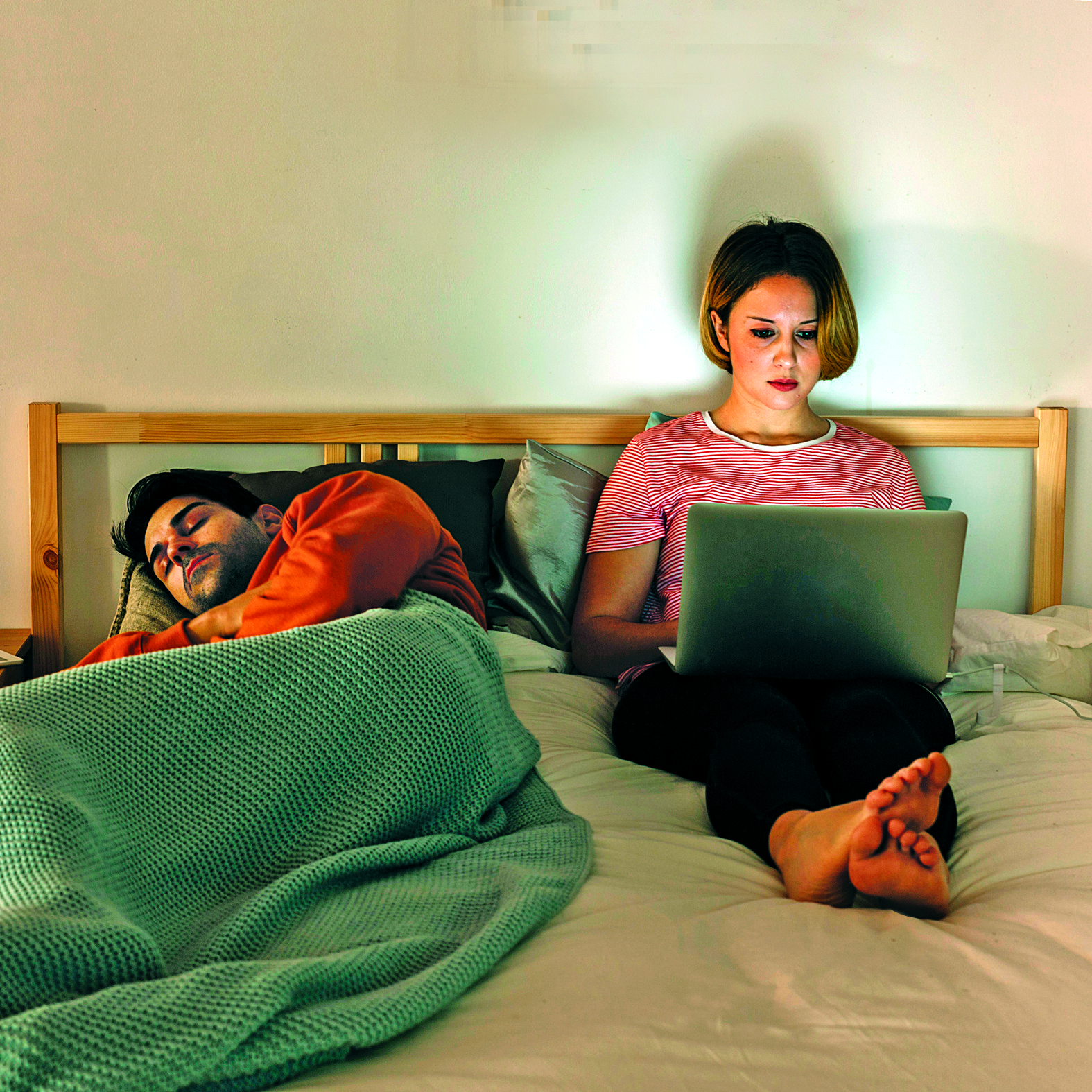
In a world where “early to bed and early to rise” is a celebrated mantra for success, a groundbreaking study led by researchers at Imperial College London claims that late sleepers might actually be cognitively sharper than their early-rising counterparts. The researchers studied data from the UK Biobank on more than 26,000 people who had completed intelligence, reasoning, reaction time, and memory tests. The study has stirred the pot with its findings. This revelation has sparked a fresh debate among doctors, sleep experts, and the public about the true impact of sleep patterns on cognitive function.
Researchers studied data from the UK biobank on more than 26,000 people who had complete intelligence, reasoning, reaction time, and memory tests just like someone who wakes up at 5am. They then examined how participants’ sleep duration, quality, and chronotype (which determines what time of day we feel most alert and productive) affected brain performance.
Dr Siddharth Srivastava a psychiatrist specialising in sleep disorders explains that the findings of the study are not entirely surprising. “Our society has long held the belief that early risers are more productive and efficient. However, this study suggests that cognitive sharpness is not solely determined by the time we wake up but rather by the quality and duration of sleep,” he notes.
He further explains that late sleepers often get a more consolidated sleep, which means they might reach deeper stages of sleep more effectively.
Early Riser Views
Andrea Martínez, an early riser and CEO of a home decor startup, finds the study intriguing but remains skeptical. “I’ve always believed that waking up early gives me a head start on the day, allowing me to plan and execute my tasks more efficiently. It’s hard to accept that this routine might not be the best for cognitive function,” Andrea says. Andrea’s sentiment is shared by many who argue that the early hours of the day are less prone to interruptions, providing a quiet and focused environment for work.
Late Sleepers Views
Contrarily, Laavanya Bharadwaj, a freelance graphic designer and night owl, feels validated by the study’s findings. “I’ve always felt more creative and productive at night. My best ideas come to me when the world is quiet, and I’m not constrained by the clock,” she shares. Laavanya argues that societal norms and work schedules often force night owls to conform to early schedules, which can be detrimental to their cognitive performance. “If we can embrace more flexible work hours that accommodate different sleep patterns, I believe we’ll see a boost in productivity and creativity,” she adds.
Medical Insights
Dr. Siddharth emphasises that individual variations in sleep patterns, known as chronotypes, play a significant role in determining optimal cognitive performance. “People have different biological clocks. Some are naturally inclined to wake up early, while others function better with a later schedule. It’s important to understand and respect these differences rather than enforcing a one-size-fits-all approach,” he explains.
Sleep Research
The study has opened new avenues for research into the relationship between sleep patterns and cognitive function. Future studies are expected to explore the long-term impacts of different sleep schedules on various aspects of health and performance.
Dr Srivastava says this study challenges traditional notions and encourages us to rethink our approach to sleep. He adds, “As we continue to learn more about sleep and its impact on our cognitive abilities, we can develop strategies to improve overall health and productivity for people with different sleep patterns.”
This study serves as a reminder that cognitive sharpness and productivity are not exclusively tied to the time we wake up but rather to how well we understand and cater to our unique sleep needs. As society evolves, there is a growing need to embrace flexibility in sleep schedules, recognizing that both early risers and late sleepers have their strengths.
Sleep Talk
• Kim Namjoon (BTS), Kanye West,
Lady Gaga are all night owls who
claim their creativity and brain are at their peak at night.
• Politicians like Former US President Barack Obama, PM Narendra Modi,
the late Margaret Thatcher, and Winston Churchill thrive on very little sleep.
“This study suggests that cognitive sharpness is not solely determined by the time we wake up but rather by the quality and duration of sleep.” — Dr. Siddharth Srivastava, psychiatrist, sleep disorders specialist
